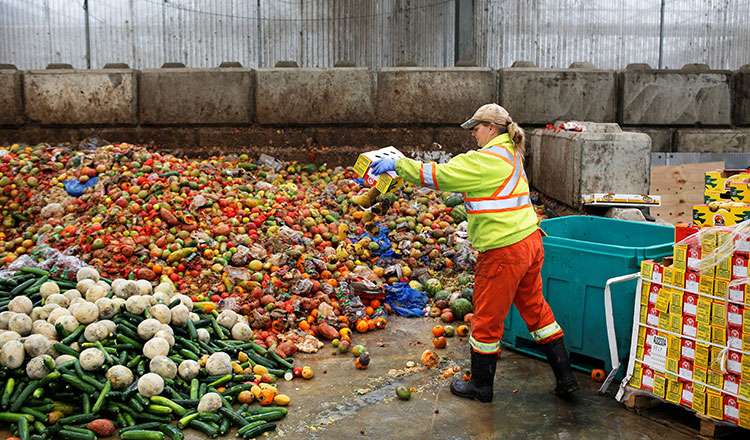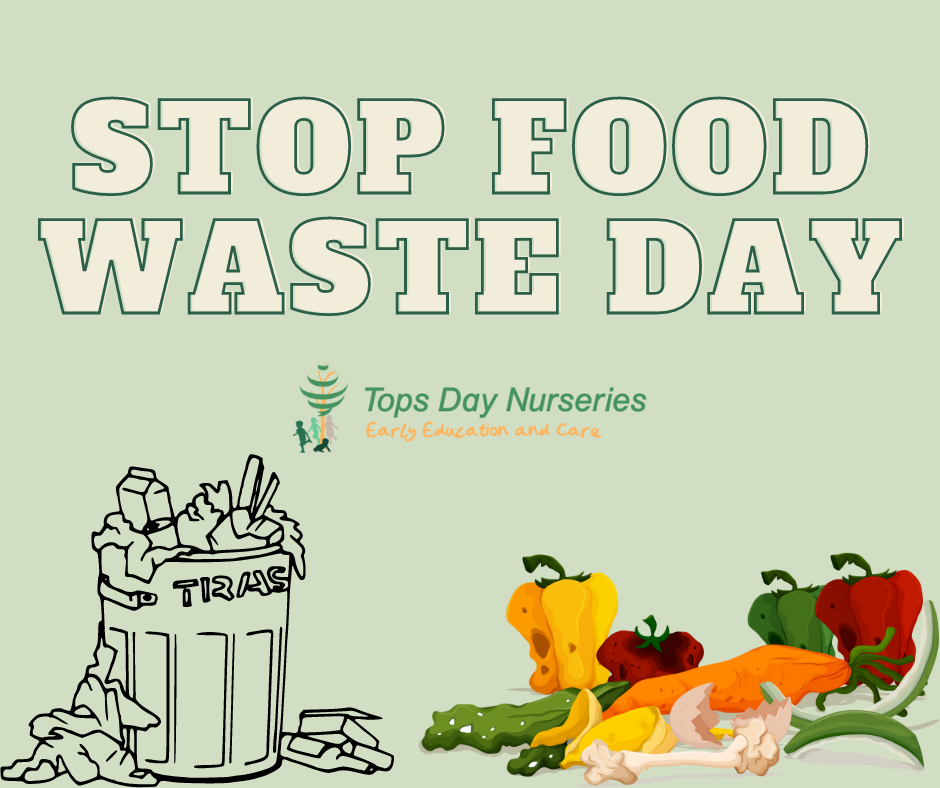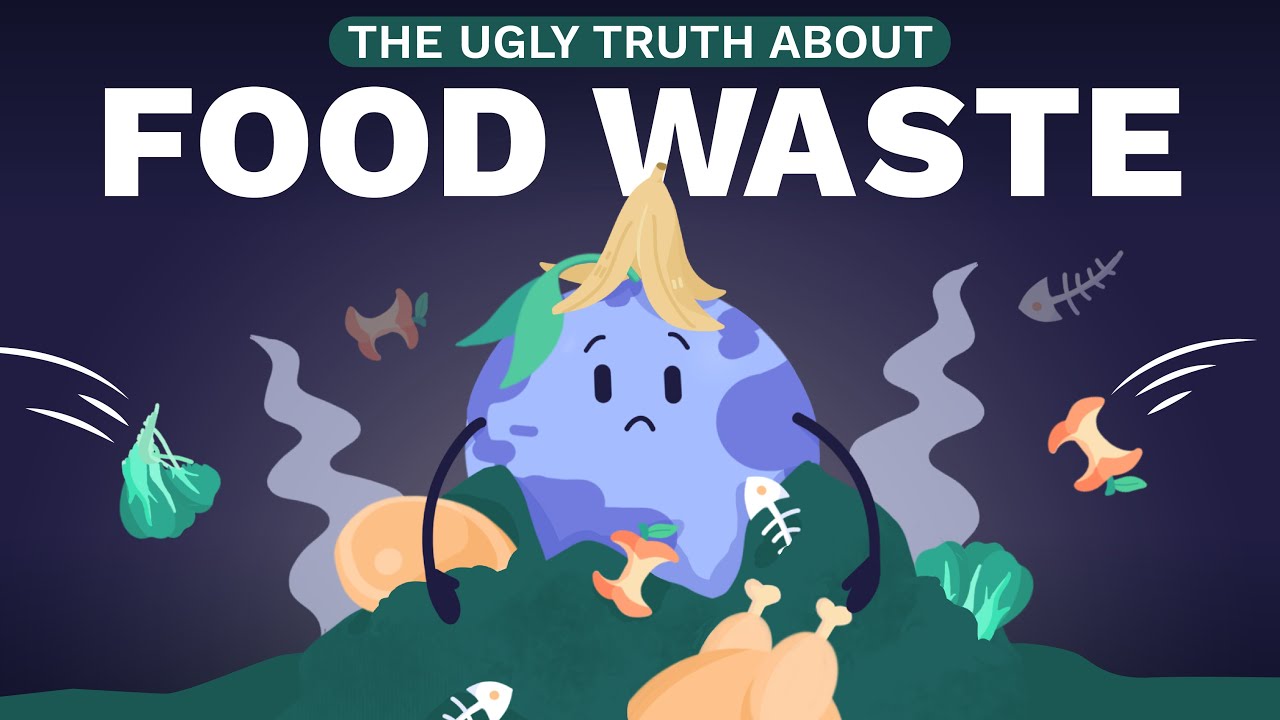Have you ever wondered how much food we waste each day, often without realizing it? Food waste not only incurs financial losses but also negatively impacts the environment. This article provides intriguing suggestions to reduce food wastage and cultivate a sustainable eating regimen. Let's delve into this together.
Abandon the notion of "Finish everything to be satisfied"

The concept of "finishing everything to be satisfied" often leads us to pile more food on our plates than we can actually consume. Instead, start by serving yourself a smaller portion and, if you still feel hungry, you can always take a bit more. This approach helps you manage your food intake and effectively prevents wastage.
Plan and prepare a shopping list
One of the key factors in avoiding food waste is strategically planning and preparing a shopping list. This not only ensures that you purchase the necessary amount of food but also minimizes the risk of buying excessive items that could lead to waste. Here are some tips to efficiently execute your planning and shopping list preparation:
-
Assess your needs
Before jotting down your shopping list, clearly identify your actual requirements and the ingredients needed for your weekly meals. This prevents unnecessary purchases and focuses solely on the essentials.
-
Meal planning
Planning your meals for the week helps you precisely determine what you need to buy. You can decide on the meals you'll cook, enabling you to ascertain the required ingredients. This not only saves time but also reduces the chances of overbuying.

-
Compose your shopping list
Once you've outlined your needs and meal plans, draft your shopping list categorized by ingredients and products. Organize the list according to the store sections for easy navigation, thereby conserving time during shopping.
-
Limit emotional purchases
Refrain from making impulsive or emotionally driven food purchases. Adhere to your shopping list and avoid diverting your attention towards unnecessary items that might momentarily entice you.
-
Purchase considerately
When buying perishable items, consider the quantity you truly need to avert rapid spoilage. At times, purchasing smaller amounts more frequently can be an effective saving strategy.
Read more: Sodium Salt: The inseparable secret to vibrant health
Prioritize consuming food before expiry: A simple approach to minimize food waste
Have you ever wondered how much food we waste each day, often without realizing it? A straightforward yet effective way to reduce food wastage is to prioritize consuming foods that are nearing their expiry dates. This approach enables you to utilize food intelligently and prevent unnecessary disposal.
Moreover, consuming expired foods can have severe health implications. It can lead to poisoning, loss of nutritional value, allergies, irritations, and a heightened risk of foodborne infections. This places health at risk, potentially resulting in symptoms like stomach pain, diarrhea, and vomiting. Hence, always adhere to the instructions on packaging and avoid consuming expired foods.
Sustainable eating regimen: Contributing to change and conservation
One of the significant ways to diminish food waste and contribute to environmental protection is by adopting a sustainable eating regimen. Sustainable eating goes beyond just saving food; it also considers factors like sourcing, production, and environmental impact. Here are some suggestions for implementing a sustainable eating regimen:

-
Prioritize sustainably sourced foods
Choosing clearly sourced foods is a crucial step in building a sustainable lifestyle. Favor organic products and foods grown and produced using environmentally friendly methods. This not only benefits your health but also supports farmers and natural resources.
-
Meal planning and proper storage
Weekly meal planning can help you purchase the necessary amount of food and avoid waste. To prevent rapid spoilage, pay attention to proper storage. Organize foods so that those with shorter shelf lives are consumed first. Learn proper food storage techniques to extend their lifespan.
-
Creativity with excess ingredients
Instead of discarding excess food, get creative and transform them into new and delicious dishes. This not only saves money but also introduces fresh ways of enjoying your meals. Explore ways to combine leftover ingredients to craft novel and enticing meals.
By adopting a sustainable eating regimen, you not only reduce food waste but also demonstrate concern and responsibility for the environment. Share your experiences and changes in applying a sustainable eating approach to motivate the community to join this journey.
Conclusion
In the modern world, economizing and avoiding food waste yield financial benefits and contribute positively to the environment. Apply the suggestions above to turn food-saving practices into an engaging, youthful, and dynamic habit in your daily life. Simultaneously, you are contributing to the sustainable protection of our planet.